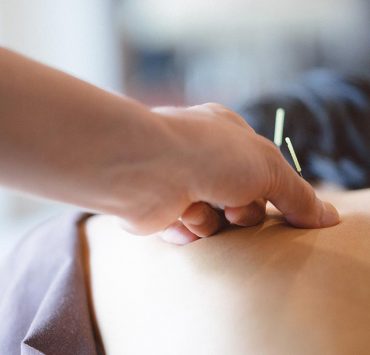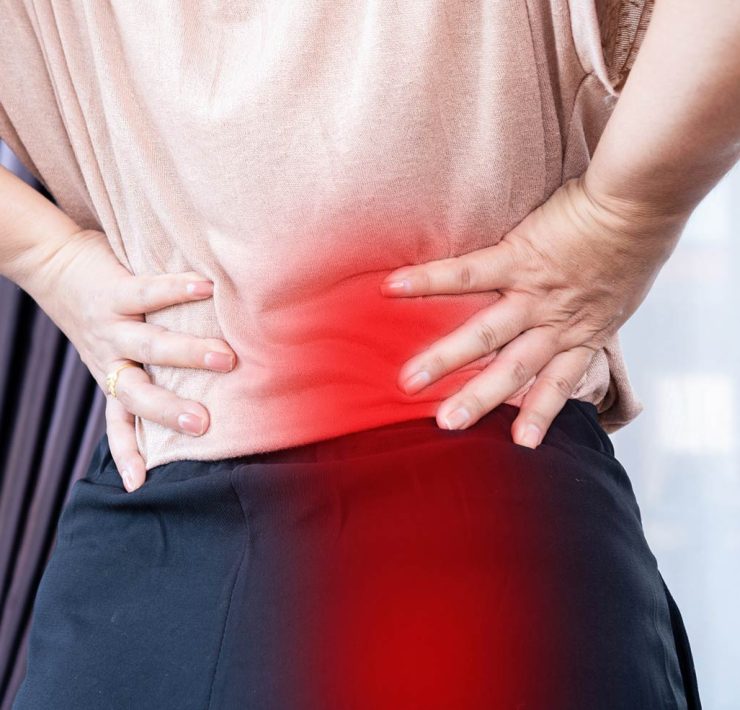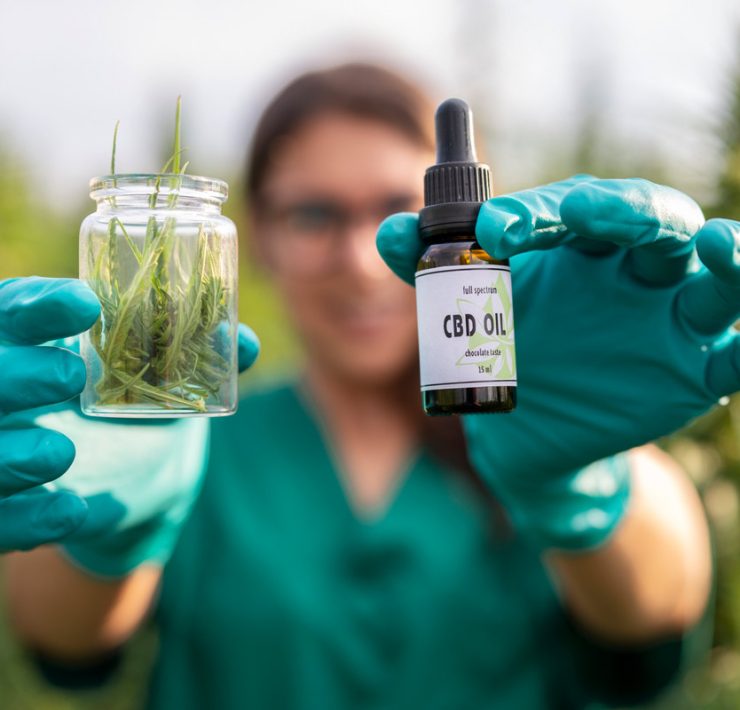So does your back hurt? Those stories Grandma told about her neck aching when the weather changed don’t seem so ludicrous now? Have you been slumping in front of Zoom for so long you can’t turn your neck? Then congratulations (or not): You, and—if you live in the United States—half of your fellow Americans are sufferers of musculoskeletal pain, or what is often called MSK pain. MSK affects the muscles, joints, ligaments, tendons, and bones. It’s caused by overuse (i.e. you get carpal tunnel because you type too much); injury (that jolt that goes through your back when you pick up your dog? MSK); or sometimes other conditions like arthritis.
The Risks of “Everyday” Aches and Pains
Just because MSK pain is common doesn’t mean it should be overlooked. While an occasional tightness in your upper back or twinge of pain when you bend your knees is easy to ignore or salve with the occasional OTC painkiller, MSK conditions are in fact one of the leading causes of disability.
When your joints and muscles hurt, feel stiff, and don’t move the way you want them to, it can often seem preferable to not move. That can lead to gaining weight and losing muscle strength, which then makes it still harder to move and exercise. So that banged-up knee or bad back can lead to obesity and attendant not-great conditions like diabetes, heart disease, and stroke. If the pain is too bad, many MSK sufferers turn to prescription painkillers like opioids. While helpful for many sufferers of chronic pain, consumption of opioids does increase the risk of dependence and addiction to those powerful drugs—along with other side effects and risks.
What’s an MSK Sufferer To Do?
Surgery can be an option, but in many cases MSK pain can be successfully alleviated using non-surgical and non-drug methods, which have the additional advantage of having few or no side effects. These can include yoga and stretching, taking hot baths, and, of course, our favorite: massage.
Massage helps MSK by, among other things, reducing inflammation, which can lessen pain and make it easier to move stiff or painful joints.
Massage also lowers cortisol—AKA the “stress hormone”—which in turn reduces tension in the body. Reduced cortisol also helps improve the body’s immune function (which is negatively affected by stress), meaning your body can heal up faster.
Massage also improves immunity and MSK health in another powerful way: By increasing circulation throughout the body. This improved blood flow delivers calcium and other minerals to your bones to support their strength and function. Boosted circulation distributes illness-fighting white blood cells more aggressively throughout the body, further supporting the body’s ability to heal and recover.
Note that if you’re getting a massage to reduce MSK pain, you should talk to your doctor to make sure there are no risks around your unique type of pain.
Best wishes for a MSK pain-free year!
Marcy is the SVP of People and Communications at Zeel. In addition to overseeing the humans of Zeel, Marcy has written about workplace topics for more than 20 years both at Zeel and as VP of Content for Vault.com, a career information web site and publisher.







